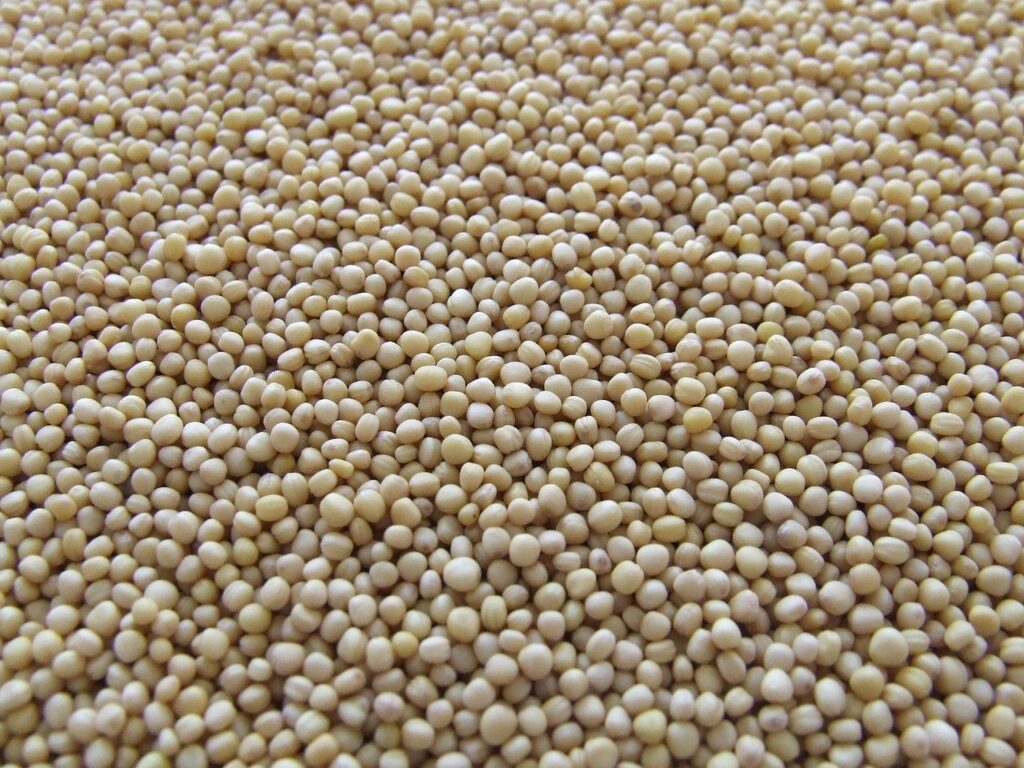
Mustard: Protecting Lungs?
Indeed, it is valued for its warming effect, which makes it so popular in folk remedies and cuisines. Yet, only a few people know how many modes of lung protection and respiratory support this potent plant has.
Some of the compounds present in mustard seeds and leaves include glucosinolates, which are associated with several health benefits. These compounds promote good health through maintaining effective lung function. Upon digestion, glucosinolates split into isothiocyanates-smelly compounds that contain anti-inflammatory properties and antioxidants. The compounds reduce inflammation along the respiratory tract; hence, mustard is quite effective in conditions related to bronchitis, asthma, as well as other respiratory diseases.

In addition to its anti-inflammatory properties, mustard is also thought to be a circulatory stimulant and to promote moving the mucus out of the airways. This makes it even more helpful for those who suffer from colds, respiratory infections, or congestion. The most enduring use of mustard is that of a poultice on the chest to help break up congestion and insure good, healthy lung function by facilitating proper breathing.
Fortified with vitamins A, C, and E, which are indeed essential to health, the antioxidant nature of mustard shields the lungs from oxidative damage caused by free radicals and other environmental pollutants. These vitamins help strengthen one’s immune system and facilitate tissue repair, further fortifying respiratory health.
Whether consumed via your diet through the use of mustard seeds, greens, or oil, or used topically as an approach to congestion, the value of mustard extends much further than the heat it creates. This is a versatile plant that brings flavor to your plate while working to protect and support your lungs.